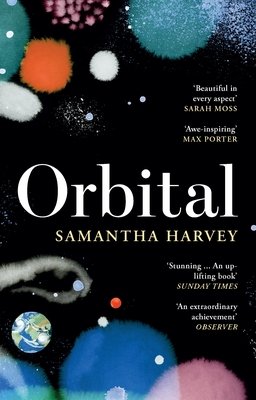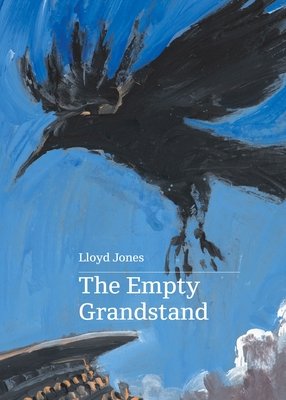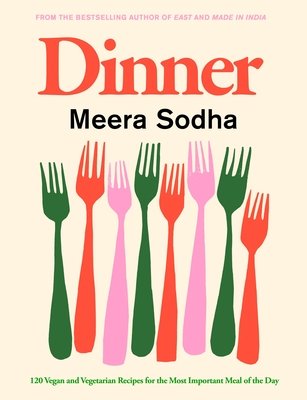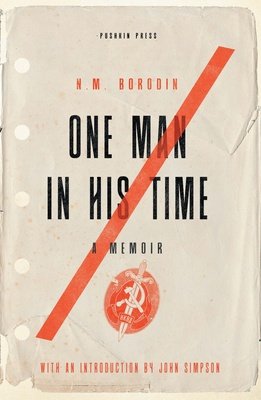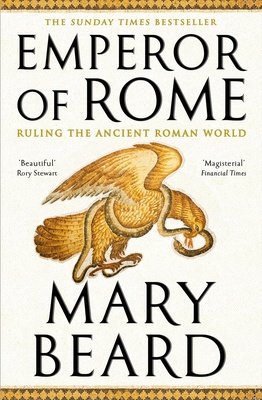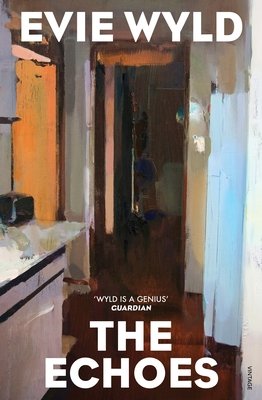WINNER: Miles Franklin Literary Award 2024
WINNER: The Stella Prize 2024
WINNER: The James Tait Black Prize – Fiction 2024
WINNER: University of Queensland Fiction Book Award, Queensland Literary Awards 2023
WINNER: ALS Gold Medal 2024
SHORTLISTED: The Dublin Literary Award 2024
SHORTLISTED: New South Wales Premier’s Literary Award – People’s Choice Award 2024
SHORTLISTED: New South Wales Premier’s Literary Award – Christina Stead Prize for Fiction 2024
SHORTLISTED: New South Wales Premier’s Literary Award – Indigenous Writers’ Prize 2024
SHORTLISTED: Queensland Premier’s Award for a Work of State Significance, Queensland Literary Awards 2023
SHORTLISTED: Margaret and Colin Roderick Literary Award 2024
LONGLISTED: Voss Literary Prize 2024
‘I’m awed by the range, experiment and political intelligence of [Alexis Wright’s] work, from fiction such as Carpentaria and The Swan Book, to her “collective memoir” of an Aboriginal elder in Tracker. As essayist, activist, novelist and oral historian she is vital on the subject of land and people.’ — Robert Macfarlane, New York Times Book Review
This multi-award winning novel has been described as ambitious, accomplished, astonishing, a wonder of twenty-first century fiction, fiercely political, fiercely and gloriously funny, uncompromising, a genre-defiant epic, monumental, urgent, dazzling, exhilarating, polyphonic, and a formidable act of imaginative synthesis.
Praiseworthy is an epic set in the north of Australia, told with the richness of language and scale of imagery for which Alexis Wright has become renowned. In a small town dominated by a haze cloud which heralds both an ecological catastrophe and a gathering of the ancestors, a crazed visionary seeks out donkeys as the solution to the global climate crisis and the economic dependency of the Aboriginal people. His wife seeks solace from his madness in following the dance of butterflies and scouring the internet to find out how she can seek repatriation for her Aboriginal/Chinese family to China. One of their sons, called Aboriginal Sovereignty, is determined to commit suicide. The other, Tommyhawk, wishes his brother dead so that he can pursue his dream of becoming white and powerful. This is a novel which pushes allegory and language to its limits, a cry of outrage against oppression and disadvantage, and a fable for the end of days.
Find out more:



















